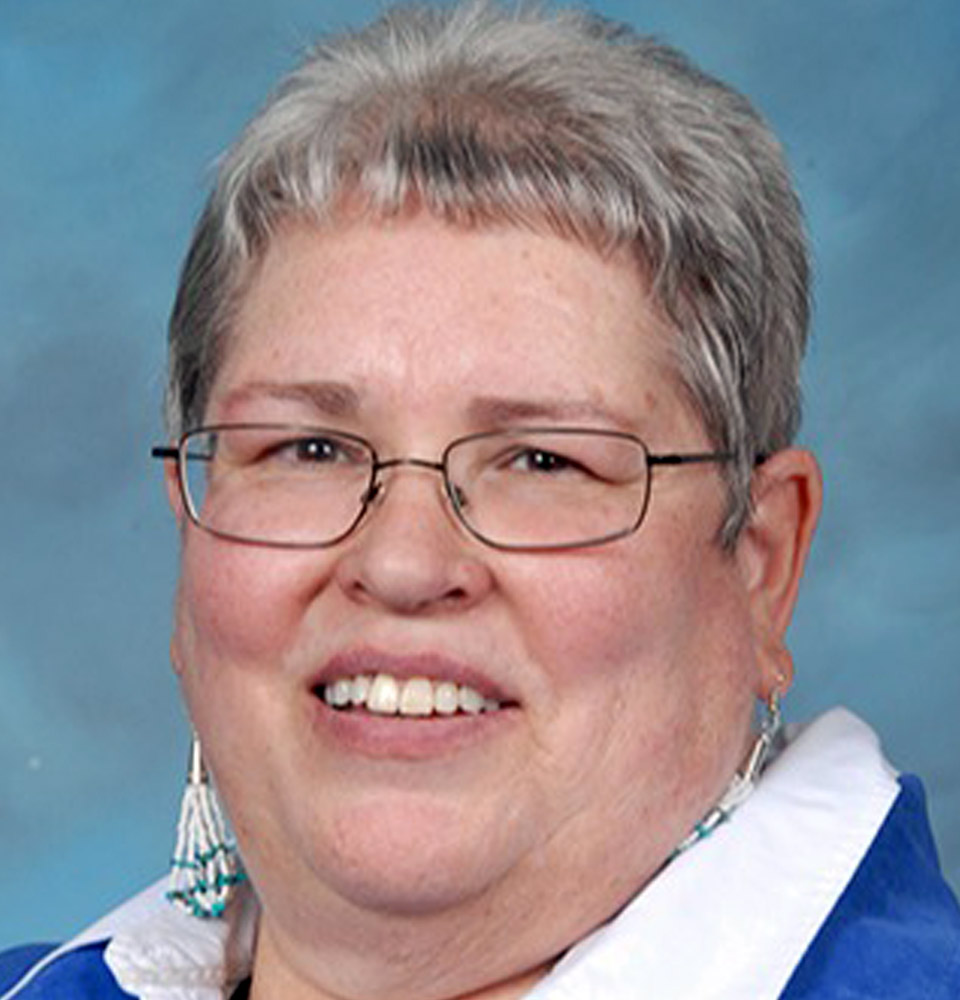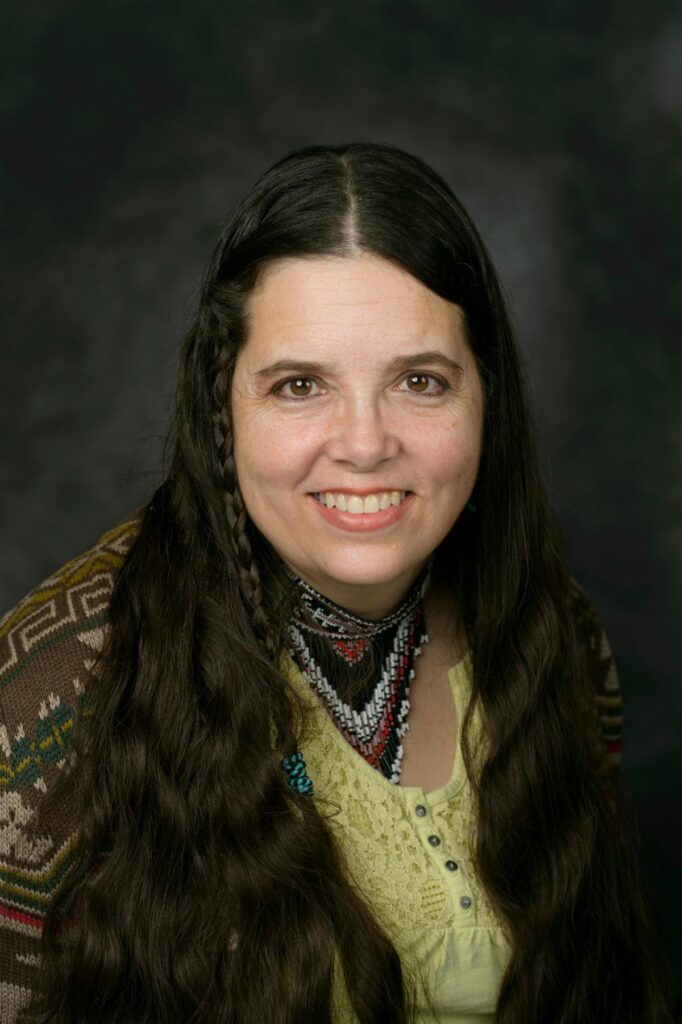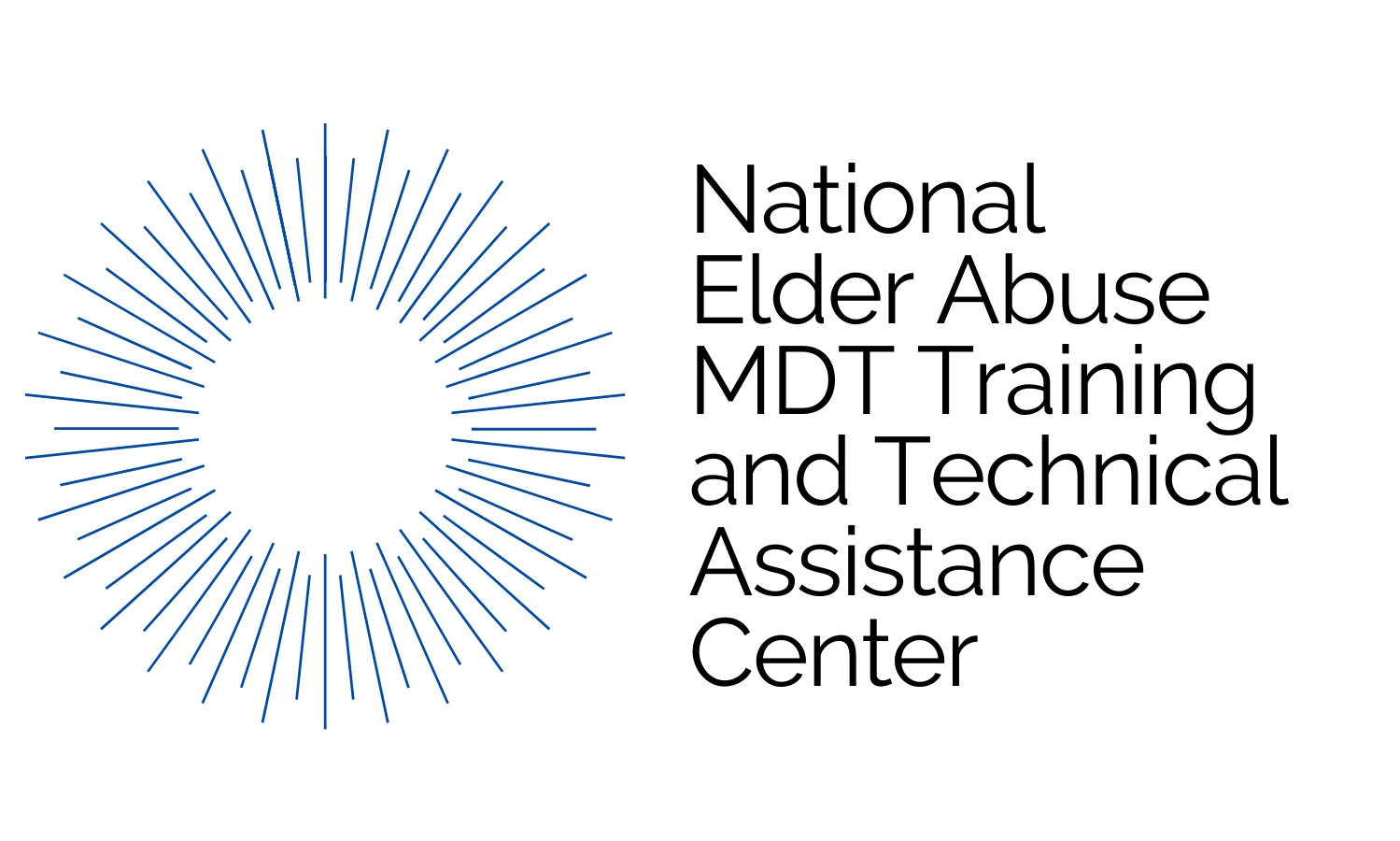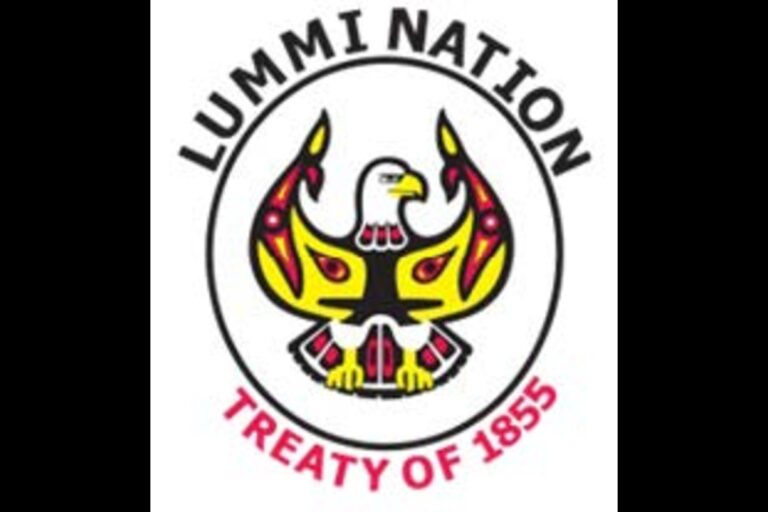
Dr. Jacque Gray is a Choctaw/Cherokee retired associate professor with the Center for Rural Health (CRH) at the University of North Dakota (UND) School of Medicine & Health Sciences. Gray is a partner in the National Center for State and Tribal Elder Justice Coalitions (NCSTEJC) with Lifespan-Rochester and provides technical assistance for tribes with the National MDT Resource Center with Weill Cornell Medical in New York. She is co-director of the Native Center for Behavioral Health at the University of Iowa. Gray is the lead for the Strong Heart Study Psychosocial Work Group, a longitudinal study of cardiovascular disease and metabolic disorders in American Indians that began in She has worked to address health, mental health, and health disparities across Indian Country for 45 years and internationally, working with Māori suicide prevention. She participated in the White House Conference on Aging in 2015 to address elder justice issues. Gray received a doctorate from Oklahoma State University in 1998 and has been at UND since 1999. Gray is a member of the Society of Indian Psychologists; she is a fellow of the American Psychological Association.

Dr. Wendelin Hume is an educator and researcher at the University of North Dakota where she has been for the past 33 years after completing her undergraduate degree at Black Hills State University in Spearfish South Dakota and her graduate education in Criminal Justice and Criminology at Sam Houston State University in Huntsville, Texas. Based in part on her experiences growing up as an enrolled member of the Naotkamegwanning Nation an Anishinaabe reservation in Northwestern Ontario and on her work in the Criminal Justice field her academic interests include Tribal Justice, Restorative Justice, and victim issues ranging from Cybercrime to Elder Justice. Her personal interests center around her family, her ranch, and contributing time and energy to her community and her undergraduate and graduate students.
Enhanced- Multi-Disciplinary Teams (E-MDT) employ many specialized approaches depending upon the need of the individual older adult being served. Restorative Justice is one mechanism that can avoid the legal approach that most older adults want to avoid. Restorative justice is a mechanism for restoring the balance in a relationship with another person, a family, or a community. It is used within the justice system and elder justice in particular to take a non-adversarial approach to address the needs of the older adult. During the webinar on restorative justice I would like you to think about who the elder justice champions in your community or tribe are. Restorative justice addresses what needs to be done to repair the harm of the relationship and make it healthier moving forward. It brings together a range of key stakeholders, including the victim, to discuss in a talking circle what is happening, what the older adult needs, what is expected going forward, and what is needed for those expectations to be met. Most older adults, particularly in Indian Country, do not want the relative or caregiver that is abusing or exploiting them to go to jail, they only want respect that is do an elder. Restorative justice is a way to try to accomplish that end without involving the justice system; however, the justice system can be used as a hammer that will be used if the plan for restorative justice is not followed.
Helpful Resources
The National Indigenous Justice Information and Inclusion (NIJII) has a toolkit on their website for developing a Tribal Elder Protection Team (TEPT) https://www.nijii.org/ept-toolkit Elder Protection Teams are very similar to E-MDTs with the major difference being the TEPT places the elder at the center and focuses on what the elder wants as an outcome.




